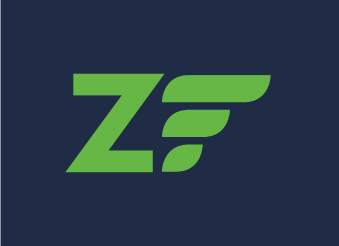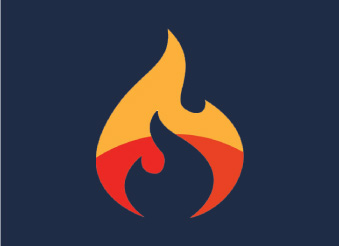Laravel Framework Training Course
Duration:
40 HRS
Subjects:
PHP, Mysql, Laravel framework
Laravel Framework is a PHP Based one of the best framework. It is used by most of the companies in thier product developement. One of the most used framework for product and project development
Laravel is php based framework development involves using of essetinal skills like php ,mysql , oops concept.
After completion of this training candidates should be able to build their application in laravel framework.
Laravel PHP framework course can be opt by freshers ( if they have hands on in PHP and OOPS Concept) , Experience PHP developer.
Laravel is off the top of head, open-source and such of the greater popular PHP web context based on model–view–controller (MVC) architectural pattern.
It is created by Taylor Otwell, doomed to abbreviate the asking price of arch development and enliven quality of your attitude by defining deal standard diamond in the rough practices. Using Laravel, you boot can put aside for rainy day hours of development anticipate and trim thousand lines of attitude compared freezing PHP.
Since its sooner release on June 2011, Laravel is has attain a visualize way as the PHP choice of word is evolving. The futuristic Laravel context version is 5.4.
Laravel Overview and Installation -
- Laravel Framework Overview
- Laravel Installation
- Laravel Configuration
- Laravel Directory Structure
- MVC in Laravel
- Artisan Console
- Artisan Commands Usage
- How request works in Laravel
Laravel inbuilt Funcationalities -
- Laravel Facades
- Laravel Routing
- a. Routing methods
- b. Basic Routing
- c. Csrf Protection
- d. Routing with Parameters
- e. Optional Parameters
- f. Regular Expression
- g. Route Groups
- Laravel Csrf Token
- a. Excluding URIs
- b. X-CSRF Token
- Laravel Middleware
- a. Defining Middleware
- b. Registering Middleware
- c. Assigning Middleware to Routes
- d. Middleware Groups
- e. Middleware Parameters
- Laravel Controllers
- a. Defining Controllers
- b. Controller Namespaces
- c. Single Action Controllers
- d. Controller Middleware
- Laravel Models
- Laravel Request and Response
- a. Accessing request
- b. Dependency injection and route parameters
- c. Accessing the Request via Route Closures
- d. Retrieving Input – Value, Json Input Value
- e. Flashing input
- f. Creating Responses – Strings, Arrays, Response Objects
- g. Attaching Headers to Response
- h. Redirects
- i. Response Types
- Laravel Session
- a. Retrieving Data
- b. Storing Data
- c. Flash Data
- d. Deleting Data
- e. Regenerating The Session ID
- Laravel Validation
- a. Form Request Validation
- b. Manually Creating Validators
- c. Working with Error Messages
- d. Validating Arrays
- e. Custom Validation Rules
- Laravel Authentication
- FIle Upload
- a. Uploading Files
- b. Retrieving Uploaded Files
- Mail
- AJAX Integration
- Javascript Integration
- SMS Api Integration
3. Laravel with UI -
- Laravel Views
- a. Creating Views
- b. Passing Data to Views
- Blade Template
- a. Basics of Blade Template
- b. Template Inheritance
- c. Defining and Extending Layout
- d. Displaying Data
- e. Control Structures
- f. Comments
- g. Including Sub-views
- Form and HTML Facades
- a. Creating Form using Facades
4. Laravel with Database -
- Migrations
- a. Generating Migrations
- b. Migration Structure
- c. Running Migrations
- d. Rolling back migrations
- e. Creating Tables
- f. Renaming and Dropping Tables
- g. Creating, Modifying, Dropping Columns
- h. Dropping Indexes
- Seeding
- a. Writing Seeders
- b. Running Seeders
- Query Builder
- a. Retrieving Results
- b. Selects, Where Clause
- c. Joins
- d. Unions
- e. Inserts, Updates, Deletes
- f. Ordering, Grouping, Limit & Offset
- Pagination
- a. Paginating Query Builders Results
- b. Paginating Eloquent Results
- Basics of Eloquent ORM
- a. Eloquent Model Conventions
- b. Retrieving Models
- c. Inserting, updating, Deleting Models
- d. Relationships
- e. Collections
Note: All Functionalities will be used in Project.
Get a Free Demo lecture on laravel training
laravel framework training with custom development project with mysql database and migration
For Details Call On : 9619 404 202 , 9619 404 225



